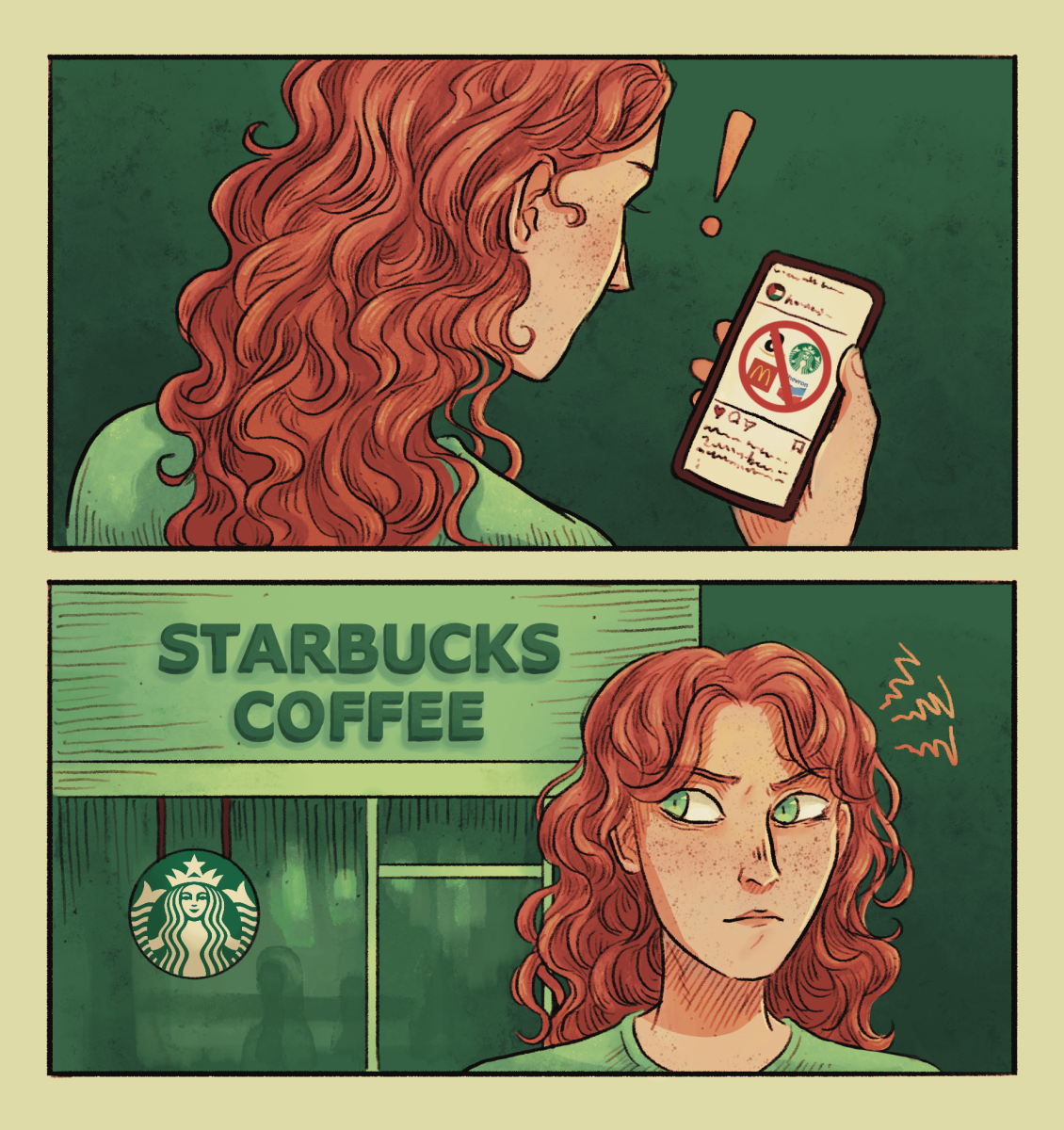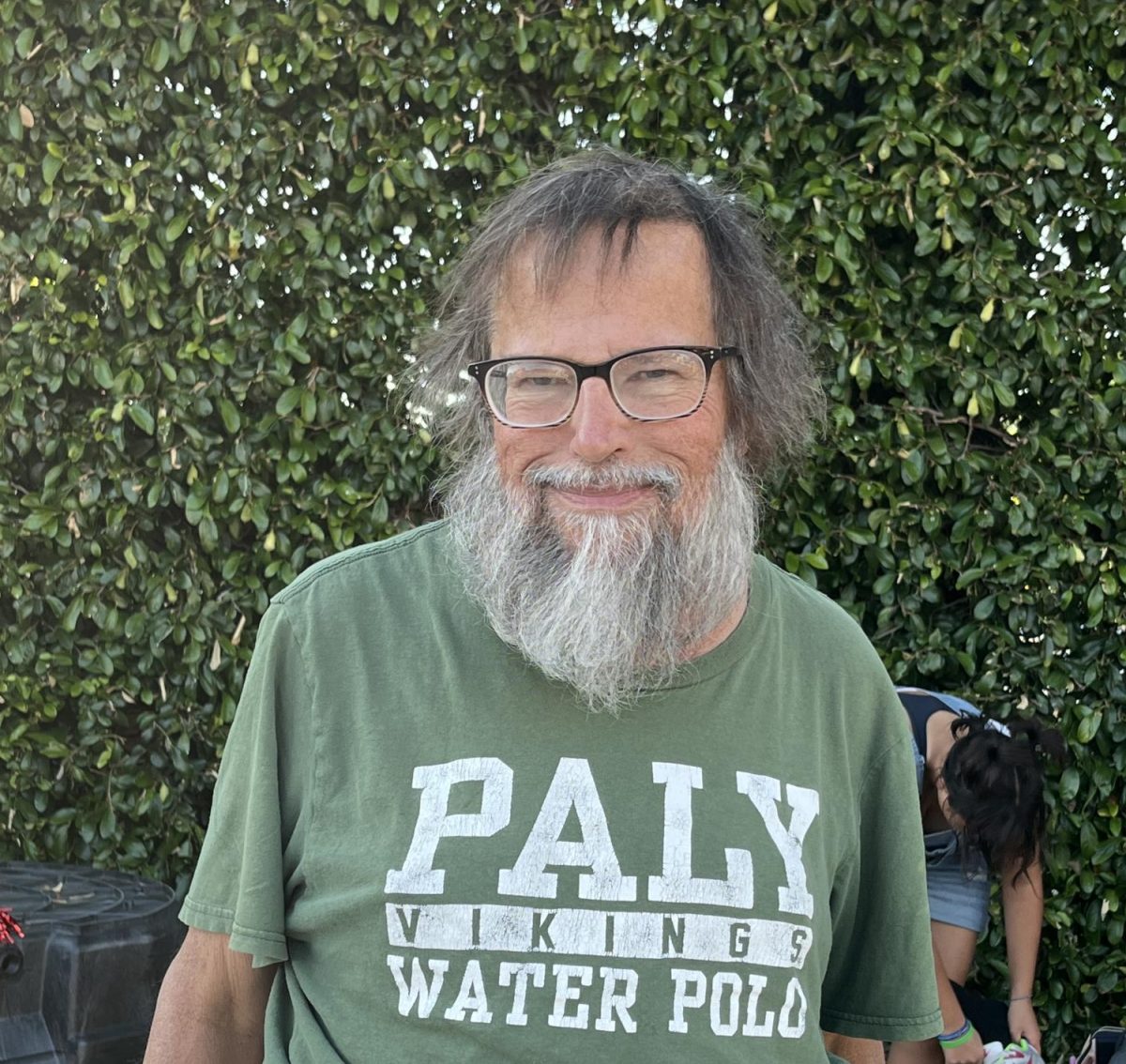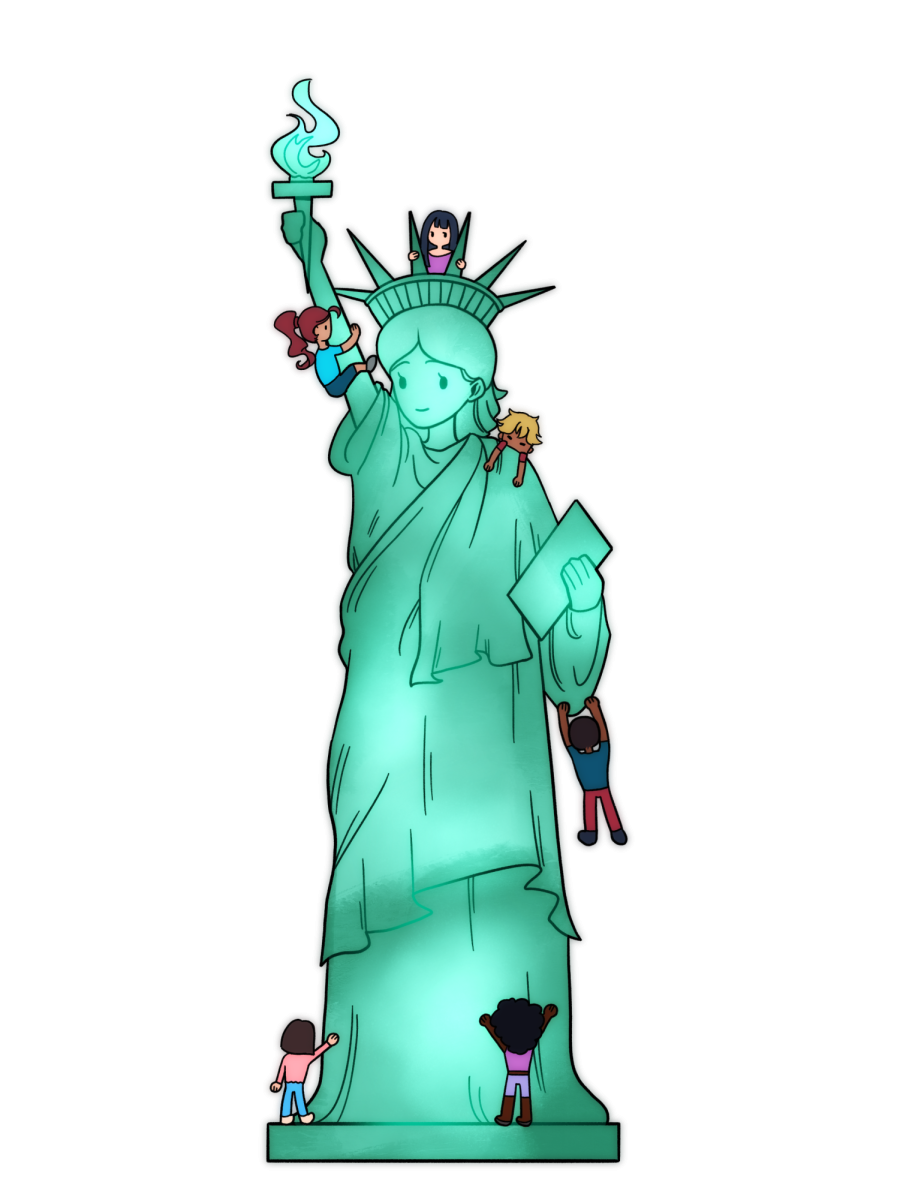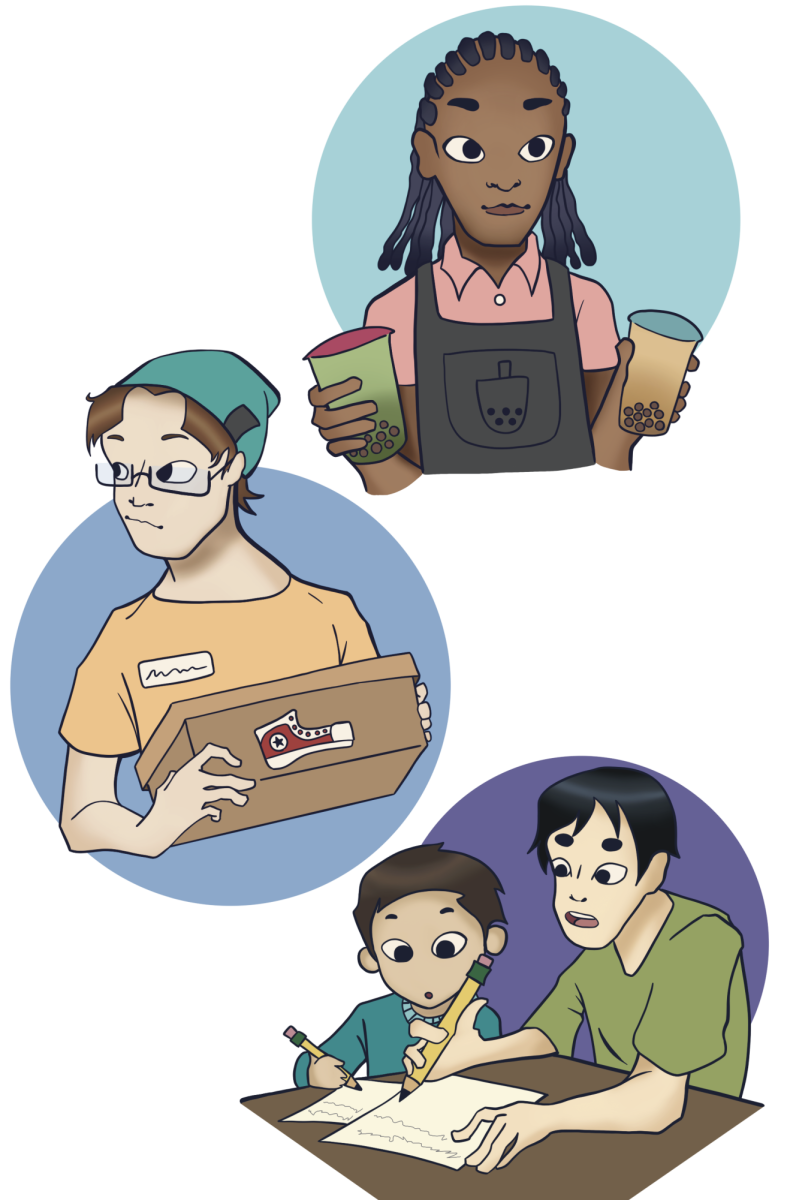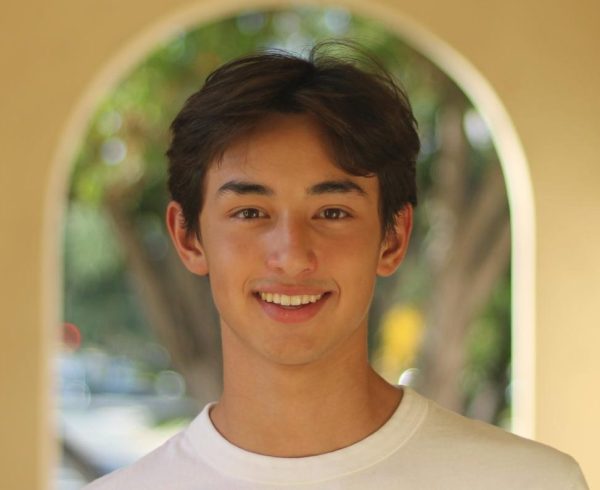Swiping through his friends’ Instagram stories, sophomore Aaron Shone feels a sense of déjà vu wash over him. Dozens of reposts of the same green and white infographic in support of boycotting Starbucks remind him of the whirlwind of similar stories last year, when the company’s union and wage issues made national headlines.
In the last few months, thousands of posts and videos encouraging boycotts against Starbucks and other corporations have gone viral on social media platforms in response to their alleged support of Israel.
Boycotts against Starbucks began after the company sued the Workers United Union, a group representing thousands of Starbucks baristas across the United States, for posting a message that read “Solidarity with Palestine!” on X, using the company’s name and logo. Starbucks has since clarified they “unequivocally condemn acts of terrorism, hate and violence” in a letter to employees from Starbucks Executive Vice President Sara Kelly in October. The company has also claimed to maintain a non-political stance, and has not donated to or supported either side of the conflict. However, boycotters believe Starbucks shutting down union voices who are in support of Gazans to be anti-Palestinian.
McDonald’s also missed a key sales target last month after the company’s Israeli branch said it gave away thousands of free meals to soldiers in the Israeli Defense Forces, an act that McDonalds said was conducted independently and separate from the company. Boycotts subsequently swept across the globe, especially in Malaysia, France, Indonesia and the Middle East, affecting the company considerably, according to McDonalds’ Chief Executive Officer Chris Kempczinski.
Junior Samantha Fan, who started boycotting Starbucks and McDonalds in early January, said boycotts are effective means of supporting humanitarian causes.
“(Boycotting) is a simple thing that you can do that doesn’t really inconvenience you in any way, to help the people who are suffering currently in Gaza,” Fan said. “Sadly, I can’t donate money or anything like that, but making sure I’m not giving my money to corporations that contribute to the suffering of those people is something I feel like I should be (doing).”
Sophomore Alice Sheffer, who is also boycotting Starbucks and McDonalds due to her disagreement with the corporations’ political statements and treatment of workers, said she thinks boycotting is an accessible form of protest.
“Boycotting is a very impactful, but also low-action form of protest,” Sheffers said. “A lot of people don’t want to go to actual protests for fear of police or how it’ll be perceived. But boycotting is a really good form of action through inaction because it doesn’t require you to do anything special — you just don’t partake in things that you might usually do and might usually not do.”
Fan said the boycotts haven’t made a significant impact on her day-to-day life as she hadn’t patronized the stores previously.
“I also don’t go to those stores often, but now I’m just making a more of a conscious decision to avoid them, especially when I’m traveling,” Fan said.
Sophomore Aaron Shone, who is also boycotting Starbucks and McDonalds due to the companies’ alleged anti-Palestine stance, said boycotting empowers youth to take political action when they cannot vote.
“(Boycotting) shows that we are holding (Starbucks and McDonalds) accountable,” Shone said. “Even beyond the sales, (boycotting) is symbolic because it’s something younger people, who cannot vote and who cannot choose their representatives, are able to control when it comes to international issues. It’s taking (the issues) back into our own hands and being able to actually have a say in how things are done.”
Shone also said part of his reason for boycotting Starbucks was the company’s historic anti-union tactics, including having been accused of closing some union-stronghold cafes and spying on, harassing and firing union activists.
“Even if you look before what’s happening right now (with) the attacks on Gaza, Starbucks has been union busting for years,” Shone said. “Now, I know I’m planning on never supporting them ever again.”
And Shone said he acknowledged finding alternatives to companies he politically disagrees with can be difficult, especially considering affordability.
“I didn’t consume many of these companies like McDonald’s or Starbucks before, so (boycotting) hasn’t impacted me in a big way because there are a lot of substitute companies,” Shone said. “(Boycotting) probably affects me a little less because I come from a place where I can afford these alternatives — that’s why I choose to do it because it’s something I can do.”
While Sheffer said she gets the majority of her information about boycotts from social media, she said she takes steps to verify information.
“I always look for the verified checkmark,” Sheffer said. “But even then, some news providers on social media could be false, so I always either actively go in search of something else, or I’ll wait until I see something else that corroborates that (information).”
Shone also said social media platforms are used to spread information and support for boycotting.
“Through the online community, when I’m making Instagram posts bringing awareness (to the conflict in Gaza), there are people filling up my DMs (who) also support this (boycotting),” Shone said. “I find it really encouraging because I know I’m not the only one out there — there are thousands, millions of people across the world who are also boycotting.”
Shone said he hears of protests from social media primarily because there is a lack of coverage of protests by mainstream media, especially in regards to the Israel-Hamas conflict.
“Mostly I hear about it from social media first and then I like to do my own research,” Shone said. “But right now, there’s a lack of mainstream media coverage about many protests, like how a man literally set himself on fire a couple of days ago to condemn the ongoing campaign within Gaza right now.”
Regardless of the overall monetary impact that individual boycotting has on corporations’ profits, Sheffer said the act still makes a difference.
“No matter how small any action is, it’s still a good action to take,” Sheffer said. “There is something to be said about the power of not doing anything, which is again a way of doing something. Even the small stuff is really important. Sometimes it might seem like it’s not doing anything, but it is.”

